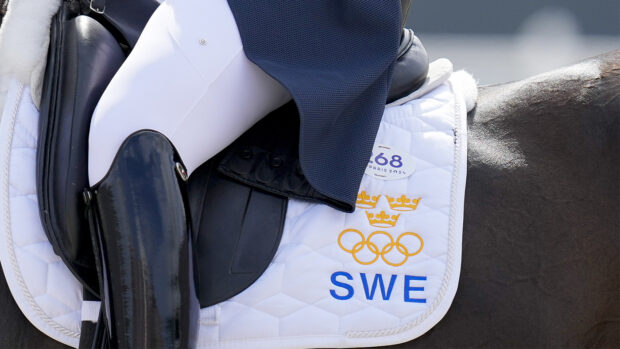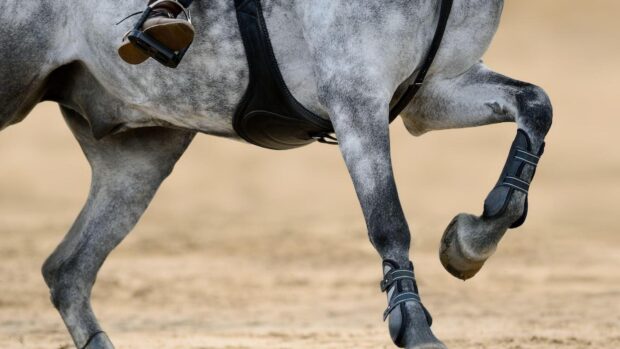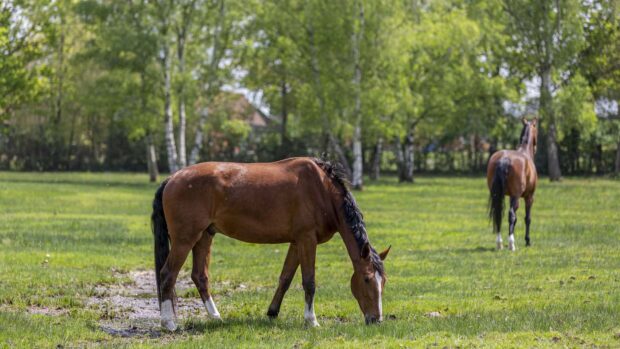Hailed as the most significant animal welfare legislation in nearly a decade, the Animal Welfare Bill was published this morning. It makes a point of placing a “duty of care” on all animal owners to “do all that is reasonable” to ensure the welfare of their animals.
The Bill covers all animals that are vertebrates in the care of people, apart from animals used in scientific research and farmed animals, which are both protected under other laws.
One of the biggest changes in this legislation is that preventative action will now be able to be sanctioned before suffering occurs. The RSPCA and the ILPH have both welcomed this move, saying the Bill will protect thousands of animals from enduring serious ongoing neglect for the first time.
Under current law, owners can only face prosecution for neglect or cruelty after suffering has occurred, by which time it is often too late to save the animal from death or lasting injury.
Phil Spivey of the ILPH says: “This is a huge step forwards. For the first time we will be able to act to prevent a horse from suffering, instead of having to wait until the suffering is taking place.”
If the legislation is passed as it is, those found guilty of causing unnecessary suffering to an animal will face up to 51 weeks in prison, a fine of up to £20,000 or both. The ILPH hopes that the stronger punishments “will act as real deterrent” and is keen to find out how the legislation will be enforced.
The compulsory licensing of livery yards has not been included in the Bill, as was initially expected, but the ILPH remains positive that this will come about in the future.
“We are pleased that the government has decided to wait, rather than go down the paid-for registration scheme for licensing livery yards. We think it is vital that regular checks are included for any licensing scheme to be of benefit,” says Spivey. “This is too important an issue to get wrong.”
The Countryside Alliance has also welcomed the concept of “the duty of care” to animals, but urged a cautious approach to the secondary codes of practice, still to be published.
“While the government has stated that this Bill will not affect shooting or field sports, we will be seeking to hold its commitment for a game-rearing Code of Practice based on research and evidence,” said CA Chief Executive Simon Hart.




